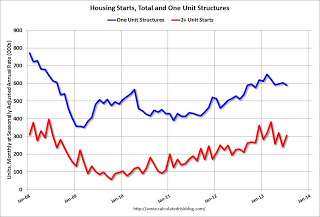Funny how sentiment follows stocks…
And how housing has gone flat all year is dismissed.
Not to forget jobless claims are about people losing their jobs and not about anyone getting a job. Yes, claims have correlated to new jobs, but that’s a different matter. For example, ‘at the limit’, you could have 0 claims as no one loses their job, but also no new jobs.
And how about the Fed not pushing back on the higher rates that have slowed mortgage purchase applications? No more ‘doing what it takes’ to error on the side of ‘ease’, because new jobs have been holding at close to a measly 200,000, just enough to keep the participation rate at 30+ year lows? Feels a lot to me like ‘outside pressure’ as discussed? Hard to believe the chairman wants his legacy to be ‘just when things finally looked to be turning he allowed rates to spike and quash it all’???
All in the context of ‘austerity didn’t work in the euro zone or the UK, and now the US is ‘proving’ the same, as private sector credit expansion fails to step up to plate as the public sector deficit is proactively cut and auto stabilizers and demand leakages continue aggressively.
US consumer sentiment much lighter than expected in August
August 15 (CNBC) — U.S. consumers, bracing for higher interest rates and slightly slower economic growth, were a bit less optimistic in August as sentiment retreated from last month’s six-year high, a survey released on Friday showed.
The Thomson Reuters/University of Michigan’s preliminary reading on the overall index on consumer sentiment slipped to 80.0 from 85.1 in July, the highest since July 2007.
August’s result was well below the 85.5 reading expected by economists.
Consumers’ view of current economic conditions showed the biggest decline, and most expected the pace of growth to ease slightly. However, these changes were not large enough to upend “the prevailing view that the economic expansion will continue,” survey director Richard Curtin said in a statement.

